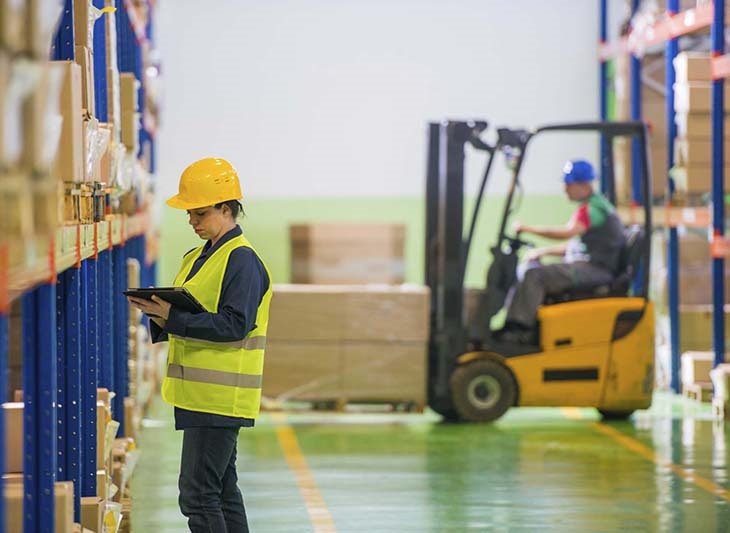APEC Poised to Lower Services Barriers to Lift Small Businesses

Greater liberalization of services sectors in Asia-Pacific markets is needed to widen the door for small business participation in cross-border trade and usher in improved job creation, growth and quality of life for people across the region, senior officials and private sector representatives agree.
Policy options for easing barriers to trade and investment in services, and case studies from the agricultural, environmental infrastructure and manufacturing industries, were put forward during a just concluded APEC public-private dialogue in Boracay. It set the tone for the APEC Ministers Responsible for Trade Meeting here this weekend and a preceding gathering of APEC Senior Officials to advance new measures that boost progressive trade, growth and development.
“Services make up approximately 67 per cent of GDP in the APEC region,” said Ambassador Laura Q. Del Rosario, Philippine Undersecretary of Foreign Affairs and 2015 Chair of the APEC Senior Officials’ Meeting. “Efforts to improve trade and investment in services will play a vital role in inclusive growth by creating new jobs and allowing people from all parts of the economy to participate in the economic and social mainstream.”
“Through logistics, transportation and supply chain management, services enable the smooth movement of agriculture and goods from producers to consumers,” Ambassador Del Rosario explained. “Environment-related services are helping to transform environmental infrastructure into modern and efficient sectors,” she added.
Development of a new APEC Services Cooperation Framework, a new APEC Virtual Knowledge Center to help members improve the design of regulation to facilitate trade and investment in services sectors and structural reform implementation will be points of emphasis for Ministers and officials over the next week. Sectoral measures, including tax reforms that lift tourism businesses and entrepreneurs as well as avenues for opening environmental services, building on APEC’s commitment to lower tariffs on environmental goods, are also in focus.
“Services sectors are now at the center of a major business transformation in APEC, contributing more intensively to the value chains in manufacturing and agriculture and to the way business trades and invests,” noted Doris Magsaysay Ho, President and CEO of the Magsaysay Group of Companies and 2015 Chair of the APEC Business Advisory Council. “More open trade and investment in services helps smaller companies, professionals and service providers who have focused more on domestic markets.”
Three-quarters of small and medium enterprises are involved in services and heavily engaged in global production and supply chains given that they are less capital intensive and require less physical infrastructure than manufacturing activities. Because production scale is smaller, such firms can furthermore develop expertise in one specific task within a value chain.
Yet small and medium enterprises, which account for more than 97 per cent of all businesses and over half of employment in APEC member economies, still account for a far smaller proportion of their exports.
“There is huge potential for SMEs to participate in trade and value chains,” concluded Dr Sherry Stephenson, Senior Fellow of the International Center for Trade and Sustainable Development and a member of the Pacific Economic Cooperation Council which co-hosted the dialogue. “Services offer the best path to inclusive growth in diverse ways including poverty reduction, increasing connectivity and employment, and encouraging SMEs to actively engage in trade.”
# # #
For further details, or to arrange possible media interviews, please contact:
David Hendrickson (in Boracay) +65 9137 3886 at [email protected]
Michael Chapnick (in Boracay) +65 9647 4847 at [email protected]
More on APEC meetings, events, projects and publications can be found on www.apec.org. You can also follow APEC on Twitter and join us on Facebook and LinkedIn.

